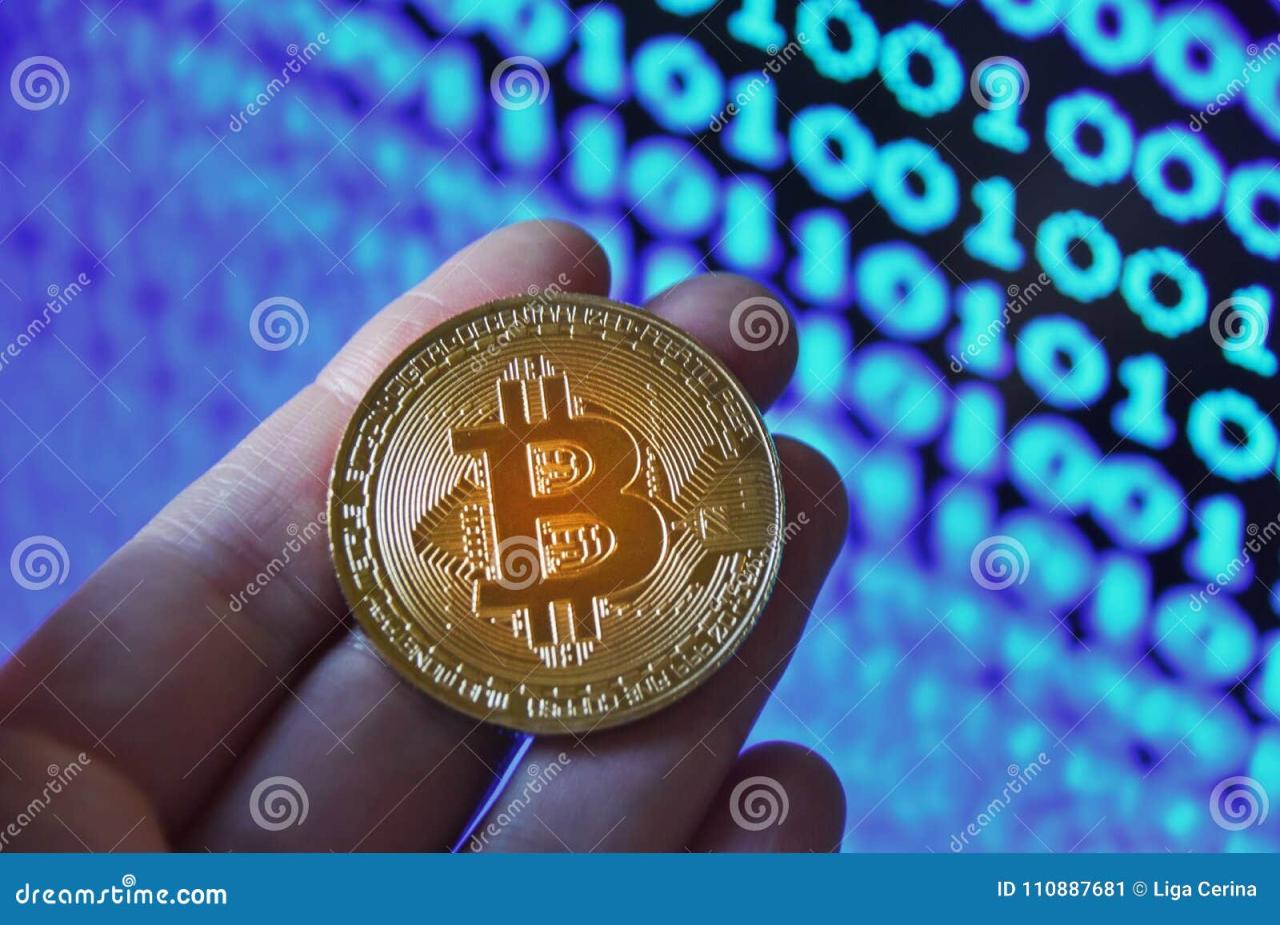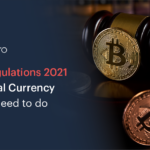Why Bitcoin is Still the King of Cryptocurrencies takes center stage as the cryptocurrency landscape continues to evolve. With its pioneering role since the inception of blockchain technology, Bitcoin has established itself as the leading digital currency, influencing everything from investment strategies to everyday transactions. This overview will delve into the reasons behind Bitcoin’s enduring dominance, exploring its historical significance, market position, and the unique attributes that set it apart from its competitors.

The discussion will highlight Bitcoin’s foundational impact on the cryptocurrency market, its resilient performance amid volatility, and the way it shapes the future of digital finance. We’ll also consider how its security features and widespread acceptance contribute to its status as a reliable store of value.
In today’s fast-paced digital world, understanding the nuances of effective communication is more important than ever. Whether it’s through emails, instant messaging, or social media, the way we convey our thoughts and ideas can significantly impact our personal and professional relationships. This article delves into the key components of effective communication, the challenges we face, and how we can enhance our skills to connect better with others.### The Foundations of Effective CommunicationAt its core, effective communication consists of several foundational elements.
These include clarity, conciseness, engagement, and active listening. Each of these components plays a crucial role in ensuring that the message is delivered and understood as intended.
1. Clarity
The first step in effective communication is to be clear about your message. Avoid using jargon or overly complex language that may confuse the recipient. Instead, aim for straightforward language that conveys your message in a way that is easy to understand. For instance, when emailing a colleague about a project update, instead of saying, “The deliverables are not aligning with the timeline,” you could say, “We are behind schedule on our project deliverables.”
2. Conciseness
Time is a precious commodity, especially in the professional sphere. Being concise is about getting to the point without unnecessary fluff. Structure your communications to focus on the main ideas rather than elaborating excessively. This not only respects the recipient’s time but also ensures that your key points are not lost in a sea of words.
3. Engagement
Engaging your audience is vital to maintaining their interest. This can be achieved through various means, such as asking questions, using anecdotes, or incorporating relevant examples. For instance, if you’re discussing a new marketing strategy, sharing a success story can illustrate your points effectively and keep your audience invested in the conversation.
4. Active Listening
Communication is a two-way street. Active listening involves fully concentrating on what the other person is saying, understanding their message, responding thoughtfully, and remembering important points for future discussions. This skill can foster mutual respect and lead to more productive conversations.### Common Challenges in CommunicationDespite our best efforts, communication can often be fraught with challenges. Here are some common obstacles and how to navigate them:
1. Misinterpretation
One of the most significant barriers to effective communication is misinterpretation. This can occur due to cultural differences, personal biases, or even the medium of communication itself. To mitigate this risk, it’s essential to be mindful of your audience and consider their perspectives. Always encourage feedback to clarify any misunderstandings.
2. Emotional Triggers
Emotions can influence how we communicate and how messages are received. If a conversation becomes heated or if sensitive topics arise, it’s easy for conversations to derail. To manage this, practice emotional intelligence by recognizing your emotions and those of others. Take a moment to breathe and maintain a calm demeanor to promote a constructive dialogue.
3. Digital Communication
With the rise of technology, communication often takes place in digital formats. While this offers convenience, it also presents challenges, such as the absence of non-verbal cues and the potential for miscommunication. To counteract this, be explicit in your language and consider using video calls for more complex conversations where body language can aid in understanding.### Enhancing Your Communication SkillsImproving your communication skills is a journey that requires practice and self-reflection.
Here are some actionable tips to enhance your abilities:
1. Seek Feedback
Regularly ask for feedback on your communication style from colleagues, friends, or mentors. Constructive criticism can offer invaluable insights into your strengths and areas for improvement.
2. Practice Public Speaking
Whether it’s in front of a mirror or a small group, practicing your speaking skills can build confidence and help you articulate your thoughts more effectively. Consider joining groups like Toastmasters or participating in workshops to hone your public speaking abilities.
3. Read Widely
Exposure to diverse writing styles and perspectives can improve your vocabulary and understanding of different ways to communicate ideas. Whether it’s through books, articles, or blogs, reading can inspire you to adopt new techniques in your communication.
4. Be Mindful of Non-Verbal Cues
Communication goes beyond words. Pay attention to your body language, facial expressions, and tone of voice, as these can all significantly impact how your message is perceived. Similarly, be aware of the non-verbal signals from others to gauge their understanding and engagement.### The Role of Empathy in CommunicationEmpathy is an often-overlooked component of effective communication. Putting yourself in someone else’s shoes can greatly enhance your interactions.
It fosters a sense of connection and understanding, making it easier to navigate difficult conversations or conflicts.When you approach conversations with empathy, you are more likely to listen actively, respond thoughtfully, and create an environment where others feel valued and understood. This is particularly important in workplaces where collaboration and teamwork are essential for success.### ConclusionIn conclusion, effective communication is an essential skill that can greatly influence both personal and professional success.
By focusing on clarity, conciseness, engagement, and active listening, we can improve the way we convey our messages and connect with others. Acknowledging and addressing common challenges, while continuously seeking to enhance our skills, will lead to more productive and meaningful interactions. Remember, communication is not just about exchanging information; it’s about building relationships and fostering understanding. Embrace the journey of becoming a better communicator, and you’ll find the rewards are well worth the effort.



